It’s easy to see why: first, it’s a Trump proposal and the ACoC loathes Trump, second the ACoC is biased against Israel almost to the point of being anti-Semitic.
If only the primate were as interested in the salvation of souls as she is in hating Trump, perhaps fewer souls would be fleeing her church.
From here
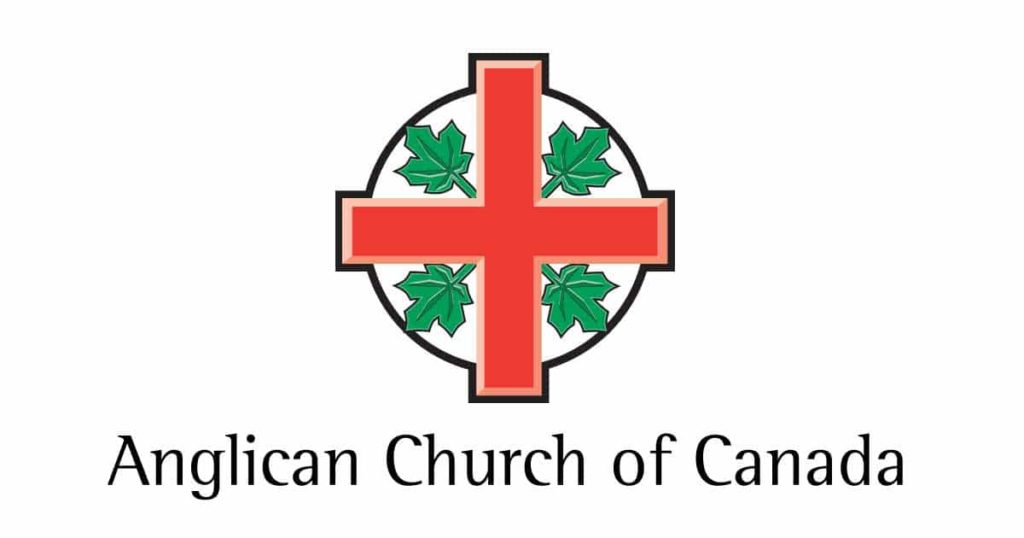 Dear Prime Minister Trudeau:
Dear Prime Minister Trudeau:
Greetings to you from The Anglican Church of Canada.
I write today to urge Canada to maintain a principled policy position in accordance with international law, and to strongly, publicly oppose President Trump’s “Peace to Prosperity” plan for Israel and Palestine announced January 28th, 2020. Your confirmation in 2017 that Canada’s embassy in Israel will remain in Tel Aviv, affirming the open, international status of Jerusalem as a city of two peoples and three faiths, and your 2019 vote at the UN General Assembly affirming the right of the Palestinian People to self-determination, clearly demonstrate Canada’s commitment to principled leadership.
We commend to you the spirit of the Statement of the Patriarchs and Heads of the Holy Land Churches on January 30, 2020, on the “Deal of the Century”, urging instead “a just and lasting peace in the Middle East based on the international legitimacy of relevant UN resolutions, and in a manner that guarantees security, peace, freedom and dignity to all of the peoples of the region.”
We lament with global and Canadian ecumenical partners that the Trump administration’s plan is far from being a “win-win” for Israelis and Palestinians. Rather, we recognize, with many others including Canada, peace with justice will not come by discounting or ignoring Palestinian rights and aspirations. For solutions to be based upon equality, human rights and self-determination for all, the occupation of Palestinian lands must first end and Palestinians be meaningfully involved in planning processes from the beginning.
In 2013, The Anglican Church of Canada General Synod adopted a resolution calling on our church to support the goal of a comprehensive, just and lasting peace in the Middle East. The resolution recognizes the legitimate aspirations, rights and needs of both Israelis and Palestinians to live in peace, with dignity within sovereign and secure borders. It condemns the use of violence of all kinds, especially against civilians, calls for an end to the Israeli occupation of Palestinian territories, and upon Israel, as the occupying power, to respect the Fourth Geneva Convention, which forbids the transfer and settlement of its own citizens in the occupied territories.
The Anglican Church of Canada commends your “commitment to a safe and secure homeland for the Jewish people, and to a lasting peace between all peoples in the Middle East”. We pray with the Holy Land Patriarchs and Heads of Churches that, for their part, all Palestinian political parties, factions and leaders end their internal conflicts and adopt a unified stand towards state building based on plurality and democratic values.
With this letter comes the assurance of our respect for your leadership and prayers for you and the Government of Canada. I look forward to supporting Canada’s efforts with other international leaders in denouncing the notion that President Trump’s “Peace Plan for the Middle East” offers a framework through which peace could be negotiated.
Yours in Christ,
The Most Reverend Linda C. Nicholls
Archbishop and Primate
Like this:
Like Loading...
Christ Church Anglican in Cranbrook has officially received permission from Bishop of Kootenay Lynne McNaughton to perform same-gender marriages.


 Dear Prime Minister Trudeau:
Dear Prime Minister Trudeau: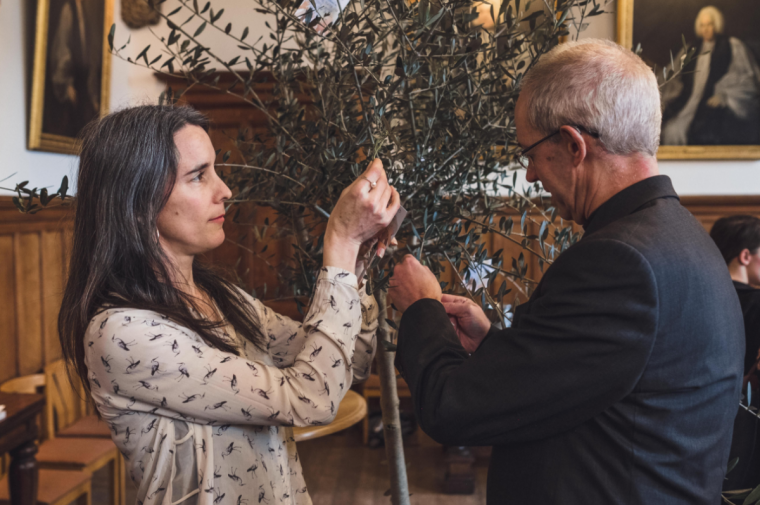 Church of England’s first ever green Lent campaign launches
Church of England’s first ever green Lent campaign launches Bishop Jane Alexander, bishop of the diocese of Edmonton, says she will be stepping down from her position July 31, with “no idea” what she will be doing next.
Bishop Jane Alexander, bishop of the diocese of Edmonton, says she will be stepping down from her position July 31, with “no idea” what she will be doing next.
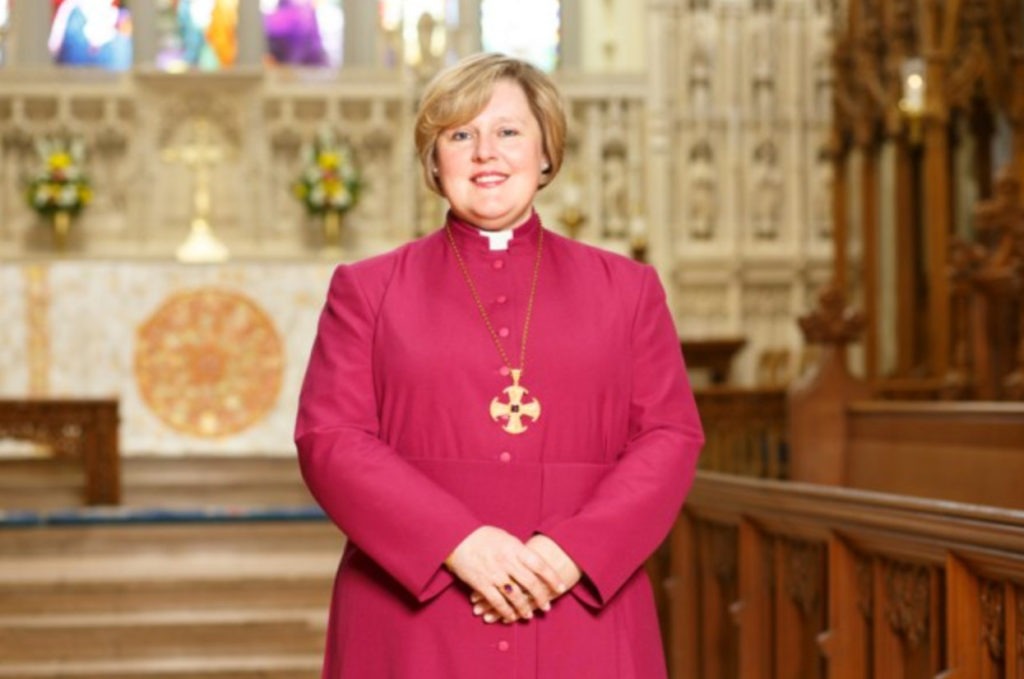 I want to talk to you about the future; and about some intimations about what we might be being called to – and maybe what we’re being called away from. All of that is much more interesting than the hand-wringing of recent weeks.
I want to talk to you about the future; and about some intimations about what we might be being called to – and maybe what we’re being called away from. All of that is much more interesting than the hand-wringing of recent weeks.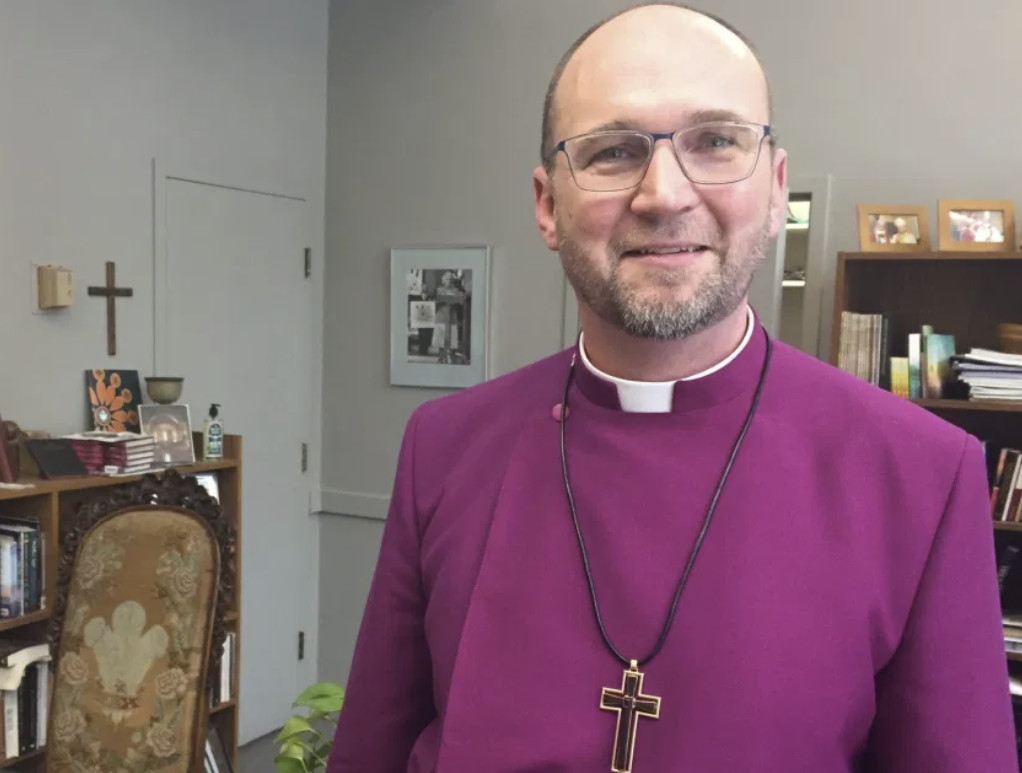 Reverend Canon Robert Todd Townshend is hoping to bring an environmental focus and action on climate change to Anglican churches across its Southwestern Ontario diocese.
Reverend Canon Robert Todd Townshend is hoping to bring an environmental focus and action on climate change to Anglican churches across its Southwestern Ontario diocese.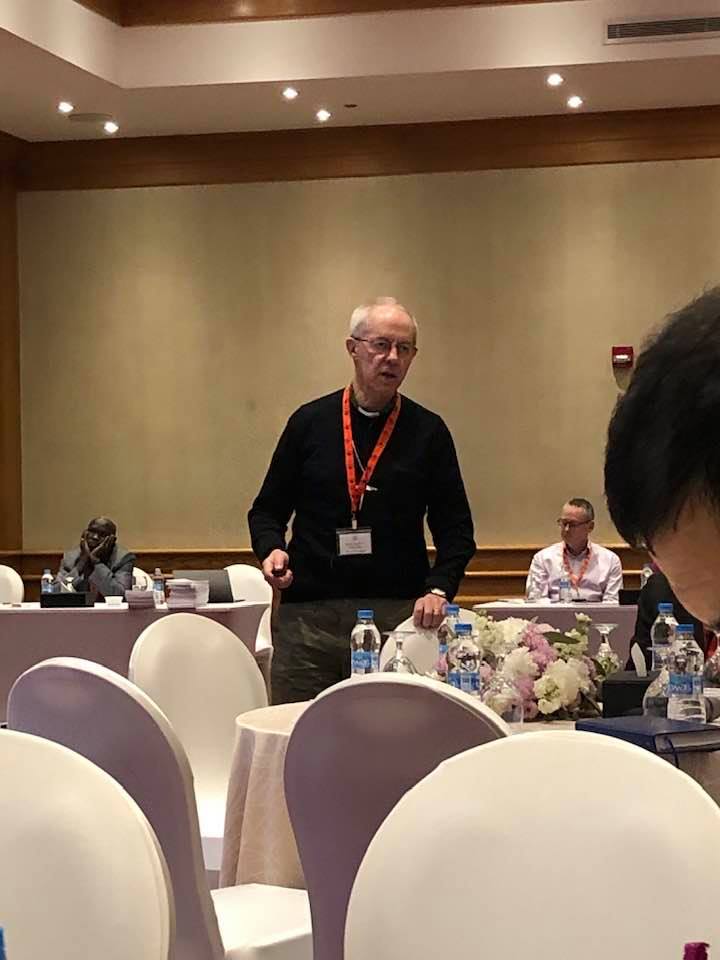
 We must reimagine the entire edifice of our faith, including what we mean by “God” and divine attributes of sovereignty, providence and love that we so often instinctively depend on. In short, we must embrace a radical theology of risk, unhindered by suspicion and fear of the unknown. We cannot be afraid of what Peter Berger called “the heretical imperative.” What will happen when we undertake together this fundamental reimagination? Our liturgies will become more creative. Our mission—our love for the world—will be intensified. Our imitation of Jesus will be palpable.
We must reimagine the entire edifice of our faith, including what we mean by “God” and divine attributes of sovereignty, providence and love that we so often instinctively depend on. In short, we must embrace a radical theology of risk, unhindered by suspicion and fear of the unknown. We cannot be afraid of what Peter Berger called “the heretical imperative.” What will happen when we undertake together this fundamental reimagination? Our liturgies will become more creative. Our mission—our love for the world—will be intensified. Our imitation of Jesus will be palpable. In the continuing assault on objective reality, just as gender is now determined by feelings rather than chromosomes,
In the continuing assault on objective reality, just as gender is now determined by feelings rather than chromosomes,